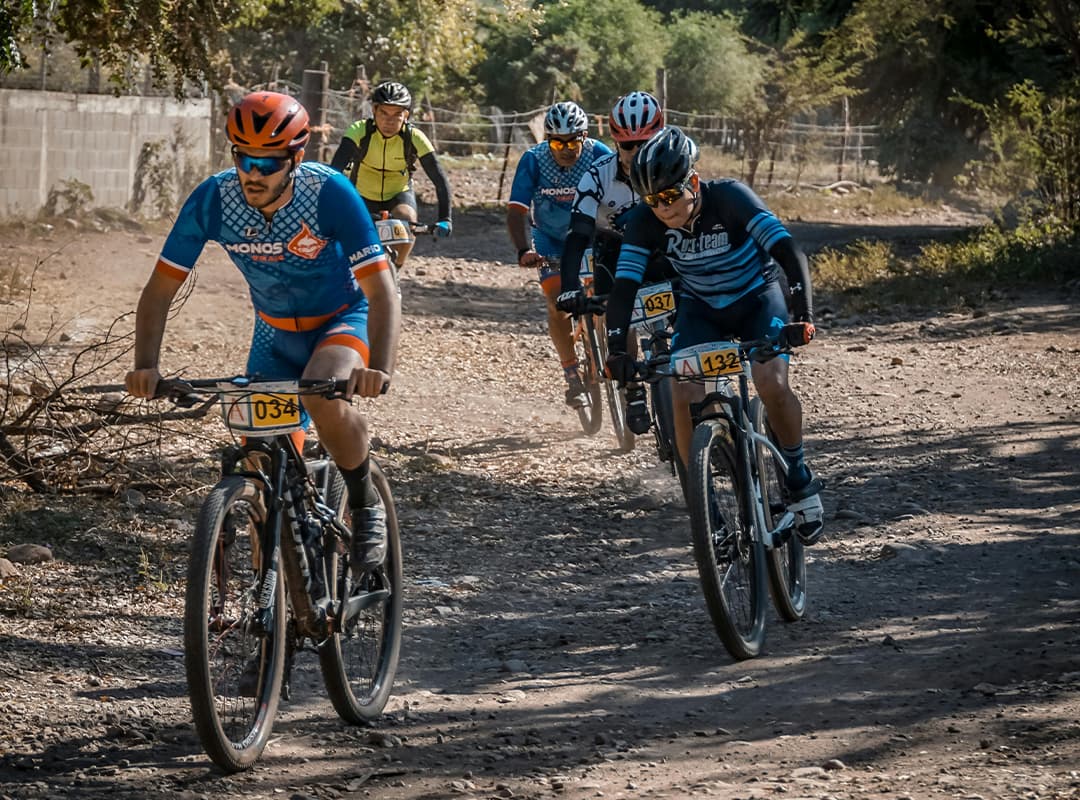Long-distance mountain biking in New Zealand is a thrilling way to experience the country’s diverse landscapes, from the scenic routes from Queenstown to Rotorua. However, sustaining energy and maintaining proper nutrition during these extended rides is crucial for peak performance and enjoyment. Here’s a guide to help you stay energized and well-nourished on your MTB adventures.
1. Pre-Ride Nutrition: Fueling Up for the Journey
1.1 Carbohydrates are Key: Before setting off, focus on a meal rich in carbohydrates. Oats, whole grain bread, and fruits provide the necessary energy reserves. A balanced breakfast with complex carbs will help maintain steady energy levels throughout your ride.
1.2 Hydrate Well: Start hydrating the day before your ride. Drink plenty of water and consider electrolyte drinks to ensure you’re well-hydrated. Proper hydration is essential for energy and stamina.
2. During the Ride: Keeping Energy Levels Up
2.1 Eat Regularly: During long rides, aim to eat small, frequent meals rather than one large meal. Opt for energy-dense foods like energy bars, nuts, dried fruit, and trail mix. These snacks are easy to carry and provide quick energy boosts.
2.2 Balanced Snacks: Include a mix of carbohydrates, proteins, and fats in your snacks. For example, nut butter sandwiches, granola bars with nuts, or a combination of fruits and nuts offer sustained energy and help prevent fatigue.
2.3 Hydration Strategy: Keep sipping water regularly, even if you’re not feeling thirsty. For longer rides, use a hydration pack or bottles that are easily accessible. Include electrolyte tablets or powders to replenish lost salts and minerals.
2.4 Monitor Energy Levels: Pay attention to your body’s signals. If you start feeling fatigued, it might be time to take a break and refuel. Eating a snack and resting briefly can help restore your energy levels.
3. Post-Ride Recovery: Replenishing and Repairing
3.1 Protein and Carbohydrates: After completing a ride, consume a meal or snack high in both protein and carbohydrates to aid muscle recovery. A smoothie with protein powder, yogurt with fruit, or a hearty sandwich can be effective.
3.2 Rehydration: Replenish lost fluids with water and electrolyte drinks. Ensure you’re fully rehydrated before the next day’s ride.
3.3 Rest and Recovery: Allow time for your body to rest and recover. Adequate sleep and gentle stretching can help prevent stiffness and muscle soreness.
4. Planning for Multi-Day Rides: Packing and Logistics
4.1 Pack Efficiently: For multi-day rides, plan your meals and snacks in advance. Use lightweight, non-perishable foods like dried fruits, nuts, and instant meals. Consider packing a portable stove if you’ll need to cook some meals.
4.2 Local Resources: Research the availability of food and water along your route. Some areas may have limited services, so plan accordingly. For example, if you’re riding from Queenstown to Rotorua, identify key towns and stops where you can restock supplies.
4.3 Food Storage: Use waterproof and durable containers to keep your food fresh and safe from the elements. Proper food storage prevents spoilage and keeps your meals accessible.
5. Special Considerations for Long Routes
5.1 Adjust for Terrain: Different terrains require different energy outputs. Be prepared to adjust your food intake based on the difficulty of the trail. Steeper and more technical sections will require more energy.
5.2 Altitude and Climate: If you’re riding in high-altitude or extreme climates, your nutritional needs may change. Higher altitudes and extreme temperatures can increase your energy and hydration requirements.
5.3 Personal Preferences and Allergies: Consider your dietary preferences and any allergies when planning your food. Ensure you bring suitable alternatives if you have specific dietary needs.
Maintaining energy and proper nutrition is essential for enjoying long MTB rides in New Zealand, whether you’re navigating from Queenstown to Rotorua or exploring other incredible trails. By planning your meals, staying hydrated, and listening to your body’s needs, you’ll ensure a successful and enjoyable adventure. Prepare well, ride smart, and savor the stunning landscapes that New Zealand has to offer.
